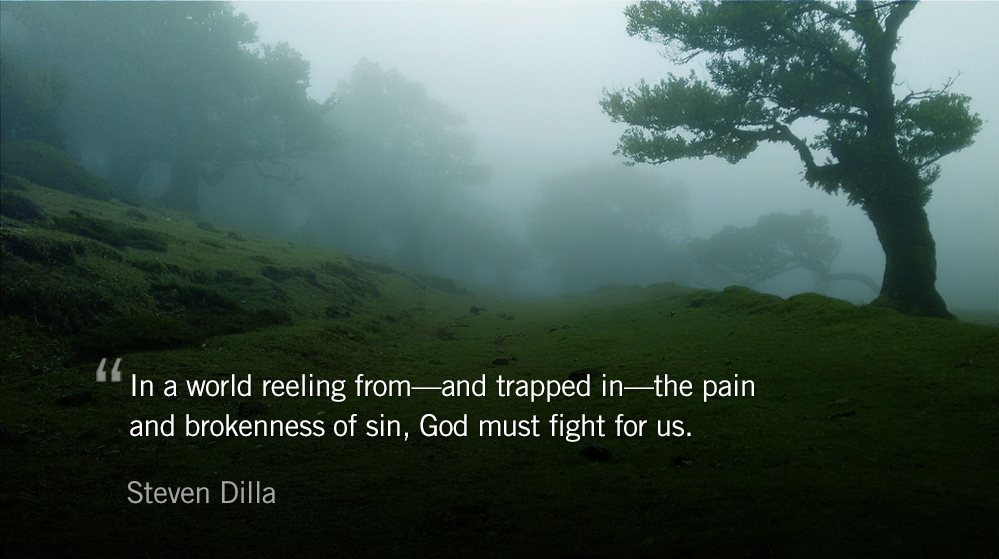
Psalm 42.1, 5
As a deer pants for flowing streams, so pants my soul for you, O God. Why are you cast down, O my soul, and why are you in turmoil within me? Hope in God; for I shall again praise him, my salvation and my God.
“As congregational song, hymns were an extraordinary kind of poetry,” notes the Poetry Foundation in their biography page for Isaac Watts. “It is no coincidence that Watts, as [the] originator [of hundreds of hymns], was both an accomplished poet and a recognized religious leader and teacher. His admiration of dramatic effects and familiarity with devotional imagery served him particularly well. Indeed, hymns depended for their success on real pleasures, on their value as entertainment. Insipid or obtuse poetry would fail to provoke the desired response.”
For Watts the real pleasure wasn’t simply the craft, at which he was immensely talented, but the glory and beauty of the Savior his words beheld.
“If a transtemporal, transfinite good is our real destiny, then any other good on which our desire fixes must be in some degree fallacious,” writes C.S. Lewis in The Weight of Glory.
Watts found God’s beauty in the community of the church. His hymn drawn from Psalm 42 reveals this even in its alternative title: Complaint of Absence from Public Worship. Desertion from the church lead him to cry out — hope was found when he returned to the wonders of God incarnate in the joy and trial of community.
Today we look at Isaac Watts’ words, from his book The Psalms of David Imitated in the Language of the New Testament, inspired by Psalm 42:
With earnest longings of the mind,
My God, to thee I look;
So pants the hunted hart to find
And taste the cooling brook.
When shall I see thy courts of grace,
And meet my God again?
So long an absence from thy face
My heart endures with pain.
Temptations vex my weary soul,
And tears are my repast;
The foe insults without control,
“And where’s your God at last?”
’Tis with a mournful pleasure now
I think on ancient days;
Then to thy house did numbers go,
And all our work was praise.
But why, my soul, sunk down so far
Beneath this heavy load?
Why do my thoughts indulge despair,
And sin against my God?
Hope in the Lord, whose mighty hand
Can all thy woes remove,
For I shall yet before him stand,
And sing restoring love.
Today’s Readings
Numbers 7 (Listen – 12:50)
Psalms 42-43 (Listen – 2:32)
Melodies of Heaven
Part 4 of 5, read more on TheParkForum.org
___________________
FAQs
How can I make a tax-deductible donation? Click here.
How can I get these devotionals in my inbox? Click here.
What is the reading plan this blog is based on? Click here.
___________________________________










